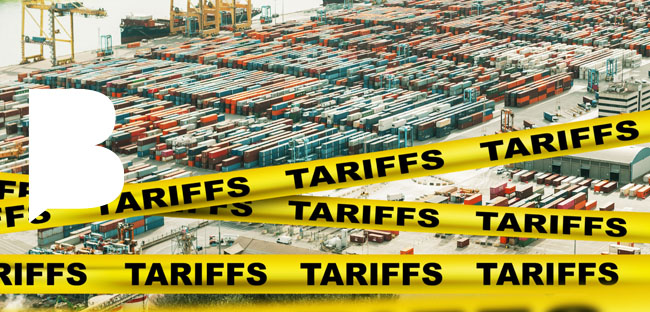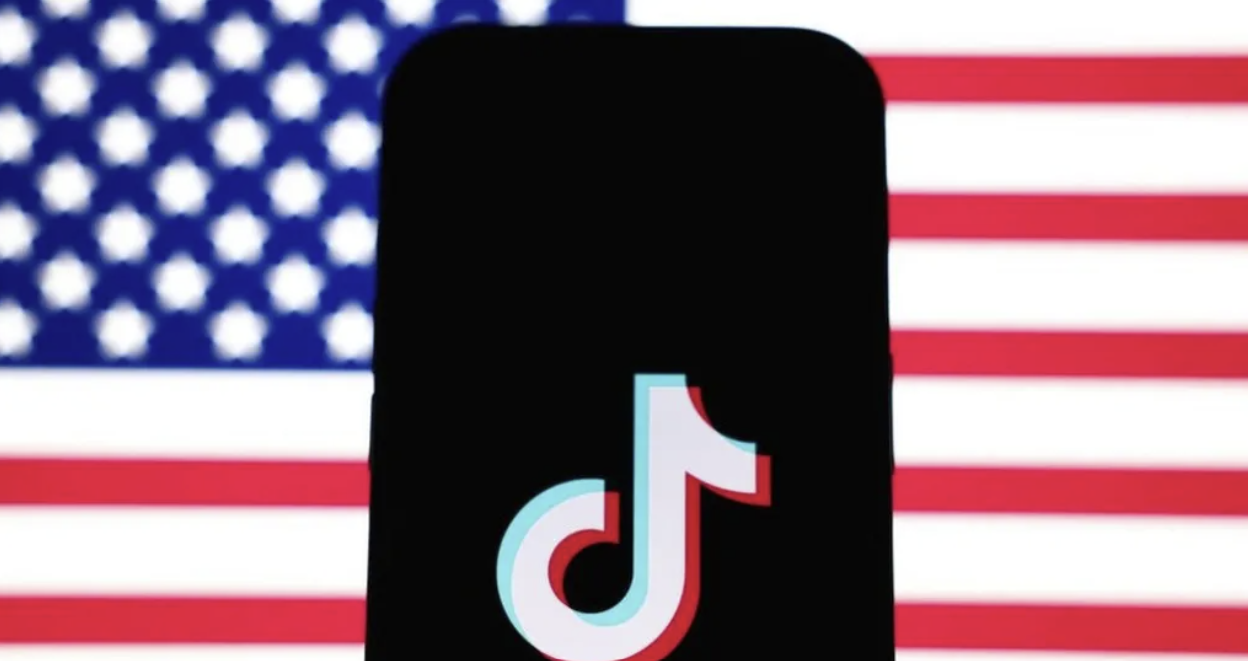The company plans to begin recruiting sellers soon for TikTok Shop, its e-commerce arm that has already made waves in other regions through livestream-based sales of a wide range of products, from footwear to cosmetics.
The move is part of TikTok’s broader strategy to grow internationally, especially while its future in the US remains uncertain. The platform recently expanded into France, Germany and Italy, pushing further into the European market instead of relying solely on existing user bases.
TikTok Shop is known for offering attractive discounts and allowing users to earn commissions by promoting items in live broadcasts.
In contrast, TikTok’s operations in the US continue to face political and regulatory hurdles. A law passed in 2024 requires ByteDance, TikTok’s China-based parent company, to sell off its US assets by January 19.
Although President Donald Trump indicated a deal might still happen, he also suggested any agreement could be delayed due to shifting dynamics in US-China trade relations.
Despite not immediately responding to media requests for comment, TikTok seems determined to strengthen its foothold in international markets.
By entering Japan’s e-commerce space, the company signals it intends to expand through business innovation and regional diversification instead of waiting for political clarity in the United States.
Would you like to learn more about AI, tech and digital diplomacy? If so, ask our Diplo chatbot!



























